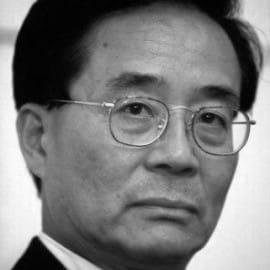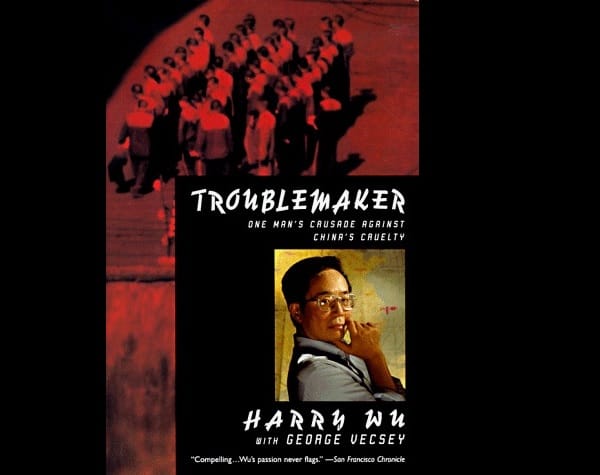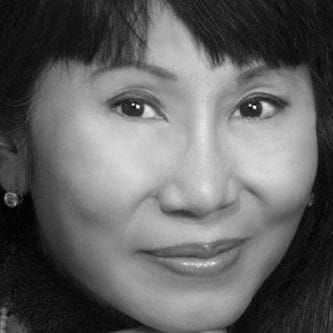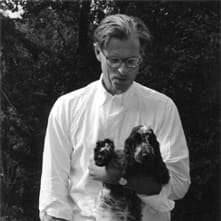 The John Adams Institute hosted an evening with Chinese-American human rights activist Harry Wu, who introduced his book Troublemaker, written in collaboration with New York Times journalist George Vescey. Wu’s appeal for justice became world news when the United States made his release from detention a condition for First Lady Hillary Clinton’s attendance at the 1995 U.N. Women’s Conference in Beijing. Born in Shanghai in 1937, Harry Wu spent 19 years as a convict in labor camps as punishment for publicly criticizing the Russian invasion of Hungary. After his release in 1979, he became an American citizen. Together with Carolyn Wakeman, he has described the brutality and inhumanity of life in the labor camps in Bitter Winds. Wu estimates that over fifty million Chinese disappeared into labor camps in during the years of China’s ‘cultural revolution’. In the labor camps, or laogai, the convicts are subjected to hunger, torture and death. Wu returned five times to China to capture the atrocities on film and open the eyes of the Western world. The Chinese government arrested Wu in 1995, when he tried to enter China once again. After two months of imprisonment and diplomatic pressure from the Clinton administration, Wu was finally released.
The John Adams Institute hosted an evening with Chinese-American human rights activist Harry Wu, who introduced his book Troublemaker, written in collaboration with New York Times journalist George Vescey. Wu’s appeal for justice became world news when the United States made his release from detention a condition for First Lady Hillary Clinton’s attendance at the 1995 U.N. Women’s Conference in Beijing. Born in Shanghai in 1937, Harry Wu spent 19 years as a convict in labor camps as punishment for publicly criticizing the Russian invasion of Hungary. After his release in 1979, he became an American citizen. Together with Carolyn Wakeman, he has described the brutality and inhumanity of life in the labor camps in Bitter Winds. Wu estimates that over fifty million Chinese disappeared into labor camps in during the years of China’s ‘cultural revolution’. In the labor camps, or laogai, the convicts are subjected to hunger, torture and death. Wu returned five times to China to capture the atrocities on film and open the eyes of the Western world. The Chinese government arrested Wu in 1995, when he tried to enter China once again. After two months of imprisonment and diplomatic pressure from the Clinton administration, Wu was finally released.
_________________________________________________________




